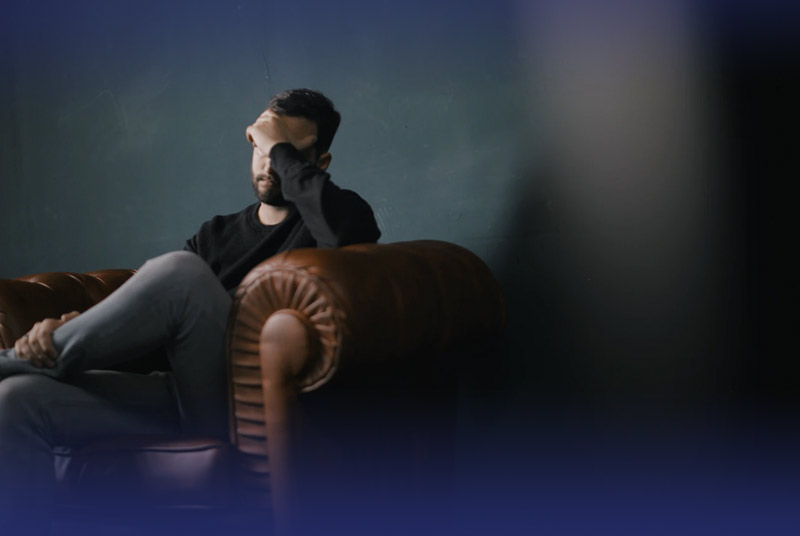
In the first of two blogs, we explore the effects of Covid-19 on young people’s mental health.
A young person’s risk of becoming ill with Covid-19 is tiny - but could the long-term mental health impact of virus restrictions be far more damaging?
We’ve all heard the stories about thousands of students being in enforced self-isolation at universities, and thousands more children are missing out on school because of positive Covid tests in their schools.
This follows nearly four months of disrupted education and cancelled exams during lockdown. A growing number of psychologists, psychiatrists and child health experts believe the needs of the young are being ignored in this pandemic.
They say children have suffered enough and should be allowed to live normally. They also point out that what young people have been asked to sacrifice for others far outweighs their own health risk from the virus. It’s controversial, but there’s a growing voice for this to be recognised by policy makers.
Prof Ellen Townsend, an expert in child and adolescent self-harm and suicide from Nottingham University, says the way students are being treated "is massively damaging for their mental health”.
"It doesn't make sense to lock up young people," she says. "We have to move past this one disease - a more nuanced approach is needed.”
She is not alone - a group of UK academics who work with children and adolescents have set up an online noticeboard collecting scientific evidence that these age groups are being forgotten by government. From tots to teems, they chart the negative impact the virus has had on their mental health.
"We must prioritise children and young people for the sake of our futures," says Dr Bernadka Dubicka, chairwoman of the faculty of child and adolescent psychiatry at the Royal College of Psychiatry.
Problems such as self-harm and anxiety were already on the rise before lockdown, particularly among teenagers, with one in eight children and young people estimated to have a mental health condition. Loneliness and social isolation during the pandemic have also had a negative impact on young people.
A study in The Lancet Psychiatry found children's mental health deteriorated most during that period compared with other age groups.
Primary school-aged children saw rising problems with emotional and behavioural issues linked to stressed parents trying to juggle work and home-schooling, while 83% of young people with mental health needs said lockdown was making them feel worse. Lockdown also exposed children to other risks such as domestic violence, cramped housing and strained family relationships, with the poorest families hurt the most.
More worrying was the "massive drop-off" in troubled children and teenagers being sent to specialist psychiatrists over several months - from 40 a day to four a day, according to the Royal College of Psychiatrists.
Although services stayed open during lockdown, people stopped making contact. The fear is that these young people could now become more seriously ill without the help they need. Eating disorders, which have a high death rate, are a particular concern.
The college says it is also monitoring early signs that child and adolescent suicide rates may have risen since the lockdown began. Suicide was already the leading cause of death in five to 19-year-olds in England. Experts who argue for less stringent measures for young people in the pandemic, point out that Covid-19 will never claim anything like the same number of young lives.
Even though schools have reopened after the summer break, children continue to face a range of problems. Thousands are missing school again because they have been in close contact with Covid-positive pupils or staff, and among year-groups there is a race to make up teaching time.
Students, who were a huge mental health concern before, are even more isolated now, as rules prevent normal socialising at universities. "We've got to get it right for kids over the next year," Dr Dubicka says. "Covid is overwhelming, on top of everything else.”
Will worn-out teachers and under-resourced charities - often the first port of call for teenagers with mental health problems - be able to provide the support that is needed?
Prof Townsend says there should be a wider range of opinions on Sage, the government's scientific advisory group, so that their recommendations reflect the needs of both young and old - more psychologists and human rights lawyers, for example, as well as allowing young people a place at the top table - after all it’s their future that’s at stake.
Let us know what you think of this blog - we’re always happy to hear you views.
The Coda Team